The Cost of Keeping a Black Mamba: An Unlikely Investment
Related Articles: The Cost of Keeping a Black Mamba: An Unlikely Investment
Introduction
In this auspicious occasion, we are delighted to delve into the intriguing topic related to The Cost of Keeping a Black Mamba: An Unlikely Investment. Let’s weave interesting information and offer fresh perspectives to the readers.
Table of Content
The Cost of Keeping a Black Mamba: An Unlikely Investment
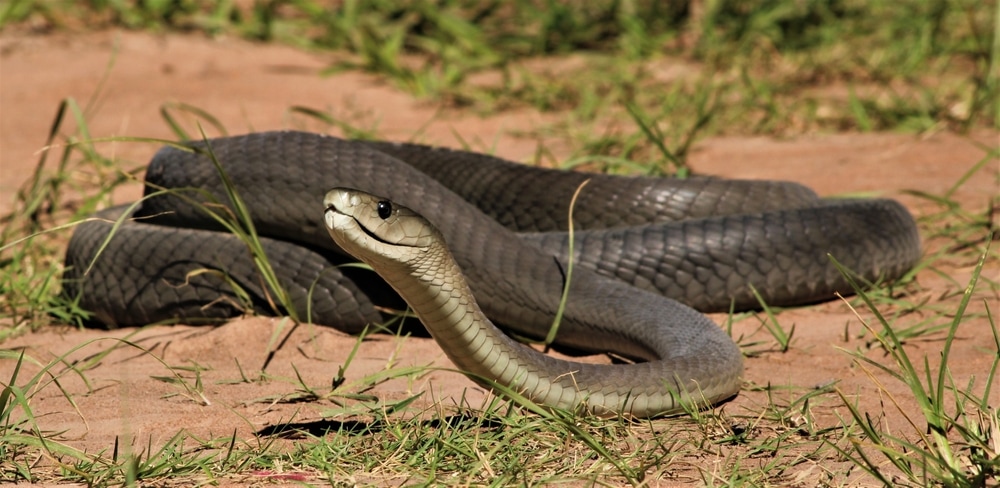
The black mamba, a venomous snake renowned for its speed and lethality, holds a captivating allure for many. Yet, the question of its cost often arises, prompting a deeper exploration into the complexities of owning and caring for this formidable creature.
Understanding the Cost Beyond the Monetary
The cost of acquiring a black mamba is not solely measured in dollars. It extends far beyond the initial purchase price, encompassing a multifaceted spectrum of expenses and responsibilities. These include:
- Housing: A spacious, secure enclosure with proper ventilation and temperature control is essential. This can range from specialized terrariums to custom-built enclosures, depending on the size and age of the snake.
- Feeding: Black mambas are carnivores, requiring a steady supply of live rodents. The cost of acquiring and storing these prey items can be significant, especially considering their growth rate and dietary needs.
- Veterinary Care: Regular checkups, potential treatments for illnesses or injuries, and emergency care can incur substantial expenses. Finding a veterinarian experienced in exotic animals is crucial for ensuring the snake’s well-being.
- Equipment: Specialized equipment such as heat lamps, thermometers, humidity gauges, and water bowls are essential for maintaining a suitable environment.
- Insurance: Many insurance companies offer specialized coverage for exotic pets, mitigating potential financial burdens in case of accidents or illnesses.
The Elusive Price Tag
The actual price of a black mamba can be difficult to pinpoint due to several factors:
- Legality: Owning and breeding black mambas is subject to strict regulations in many jurisdictions. Obtaining permits and adhering to legal requirements can be complex and costly.
- Rarity: Black mambas are not commonly found in the pet trade, making them relatively scarce. This scarcity can drive up prices, especially for individuals bred in captivity.
- Breeding: Reputable breeders prioritize ethical practices and the well-being of their animals. This often translates to higher prices, reflecting the investment in care and responsible breeding programs.
- Size and Age: Younger black mambas tend to be less expensive than adults. However, it’s crucial to consider the long-term costs of caring for a growing snake.
- Location: Prices can vary depending on geographic location and local market demand.
The Ethical Considerations
While the monetary cost is significant, it’s vital to acknowledge the ethical implications of keeping a black mamba. These include:
- Animal Welfare: Providing adequate care for a black mamba requires a substantial commitment of time, resources, and expertise. Ensuring its well-being is paramount.
- Conservation: Black mambas are an important part of their ecosystem. The pet trade can have negative consequences for wild populations if not carefully managed.
- Public Safety: The potential for accidents or escapes poses a serious risk to both the owner and the community.
Alternatives to Ownership
For those passionate about black mambas but hesitant about the responsibilities of ownership, several alternatives exist:
- Zoos and Aquariums: These institutions provide a controlled environment for observing these fascinating creatures, ensuring their well-being and contributing to conservation efforts.
- Wildlife Sanctuaries: These organizations often rescue and rehabilitate animals, including venomous snakes, providing a safe haven and promoting responsible animal care.
- Educational Programs: Many educational institutions offer programs and workshops that allow individuals to learn about black mambas and other reptiles in a safe and informative setting.
FAQs about the Cost of Keeping a Black Mamba
Q: Is it legal to own a black mamba?
A: The legality of owning a black mamba varies significantly depending on the location. Many jurisdictions have strict regulations or outright bans on keeping venomous snakes as pets. It’s essential to research and comply with local laws before considering ownership.
Q: What are the recurring costs associated with keeping a black mamba?
A: Recurring costs include food, enclosure maintenance, veterinary care, and specialized equipment like heat lamps, thermometers, and humidity gauges. These expenses can fluctuate based on the snake’s age, health, and environmental needs.
Q: Can I insure a black mamba?
A: Some insurance companies offer specialized coverage for exotic pets, including venomous snakes. However, finding a provider and securing coverage can be challenging, and premiums may be higher than for traditional pets.
Q: Are there any financial benefits to owning a black mamba?
A: While some individuals might consider breeding black mambas for profit, the ethical and legal considerations surrounding the pet trade are complex. It’s crucial to prioritize the well-being of the animals and operate within legal frameworks.
Tips for Responsible Black Mamba Ownership
- Thorough Research: Before considering ownership, conduct extensive research on black mamba care, legal requirements, and potential risks.
- Experienced Expertise: Seek guidance from reputable breeders, veterinarians, and experienced snake keepers.
- Financial Preparedness: Assess your financial capacity to cover the initial and ongoing costs of keeping a black mamba.
- Safety First: Prioritize safety measures to prevent accidents and ensure the well-being of both the snake and yourself.
- Ethical Considerations: Reflect on the ethical implications of keeping a black mamba and ensure you are prepared to provide a suitable environment for its well-being.
Conclusion
The cost of keeping a black mamba is not simply a financial matter. It encompasses a multifaceted spectrum of responsibilities, including ethical considerations, legal requirements, and the commitment to providing a safe and enriching environment for this remarkable creature. While the allure of owning a black mamba is undeniable, it’s crucial to weigh the costs and responsibilities carefully before making this significant decision.

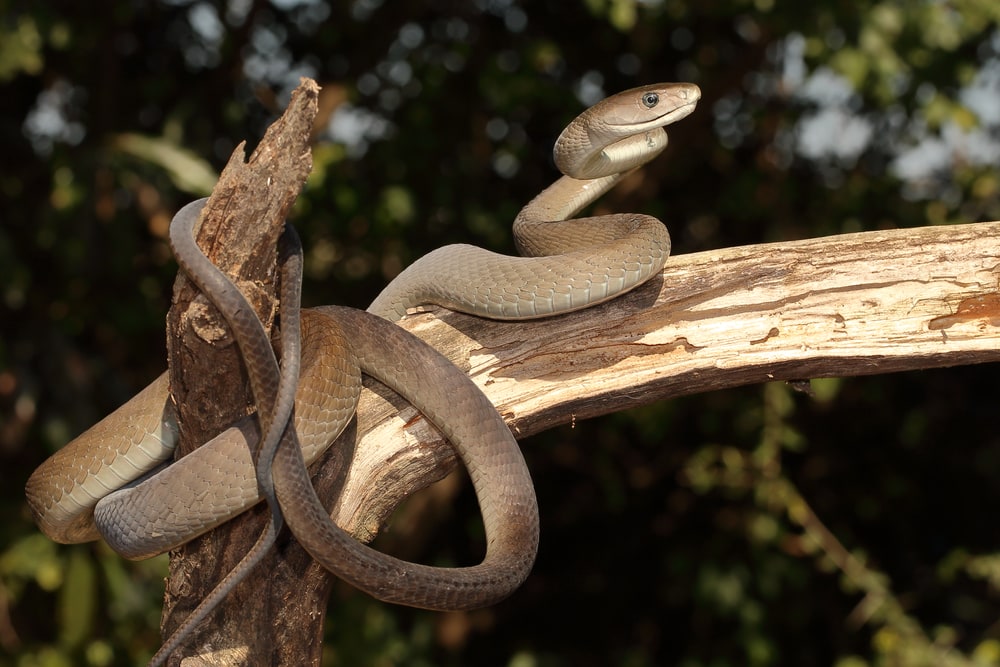

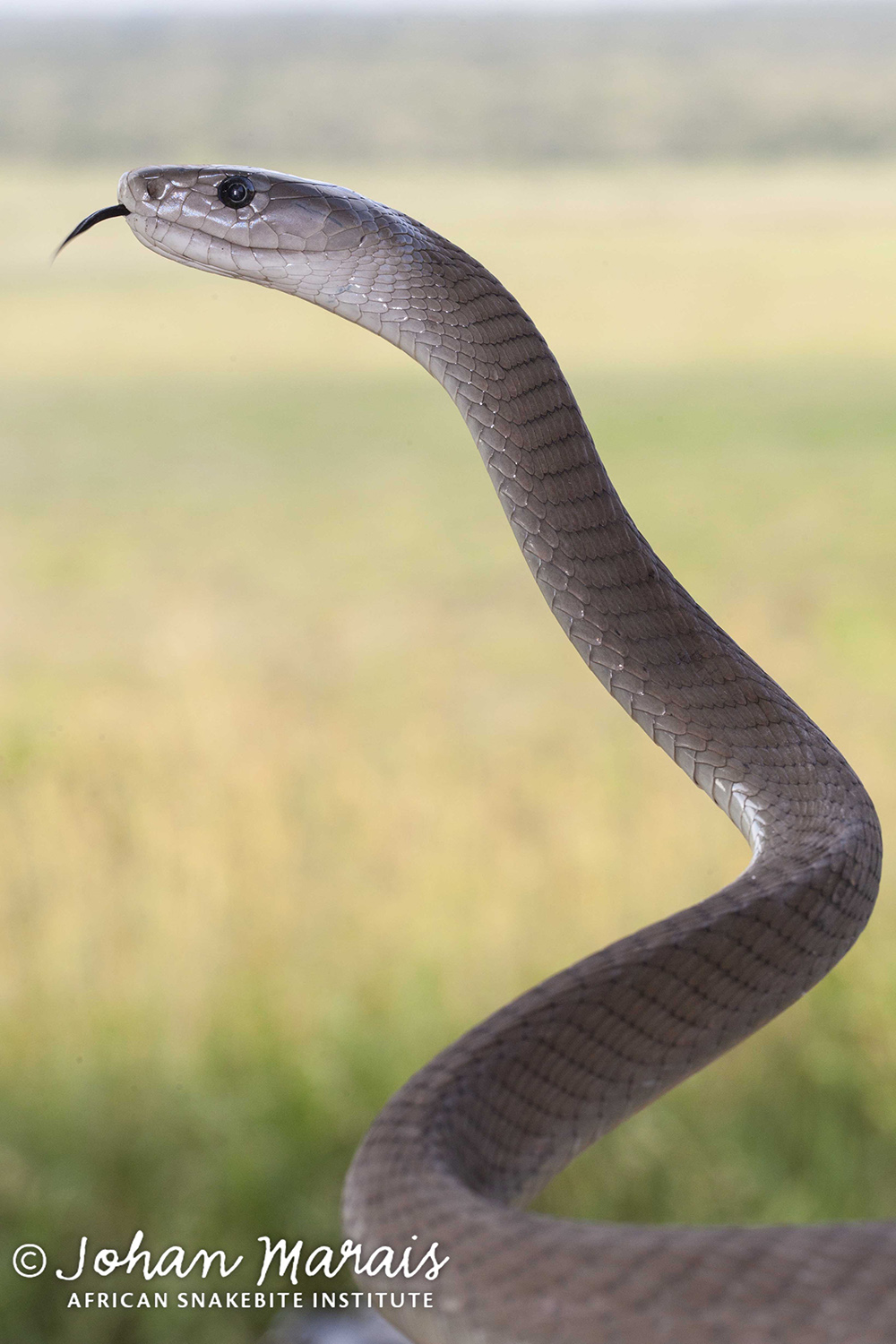
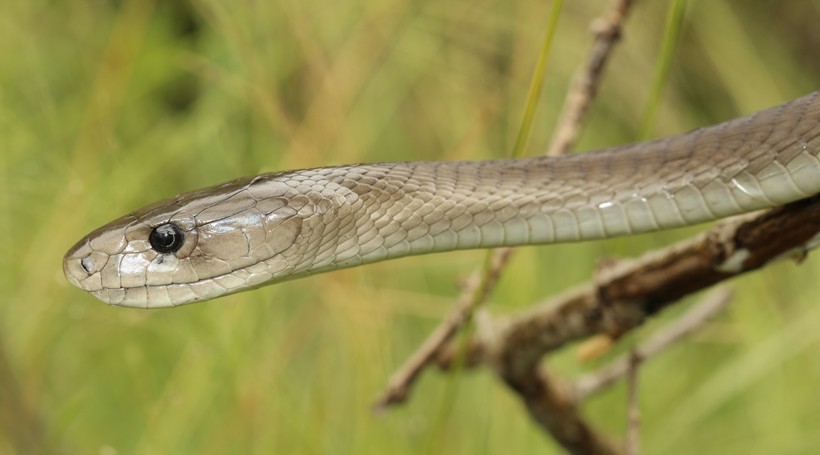
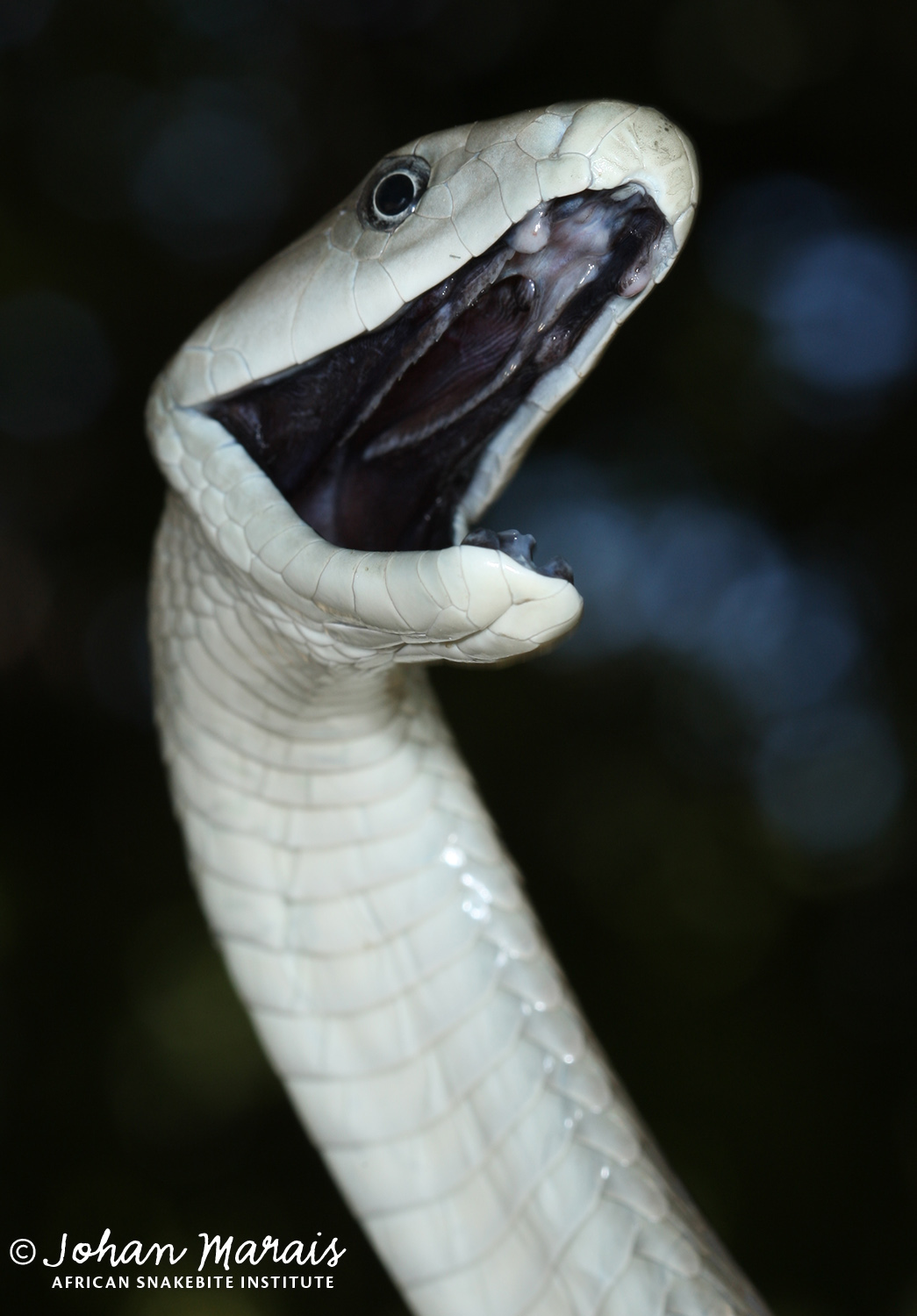
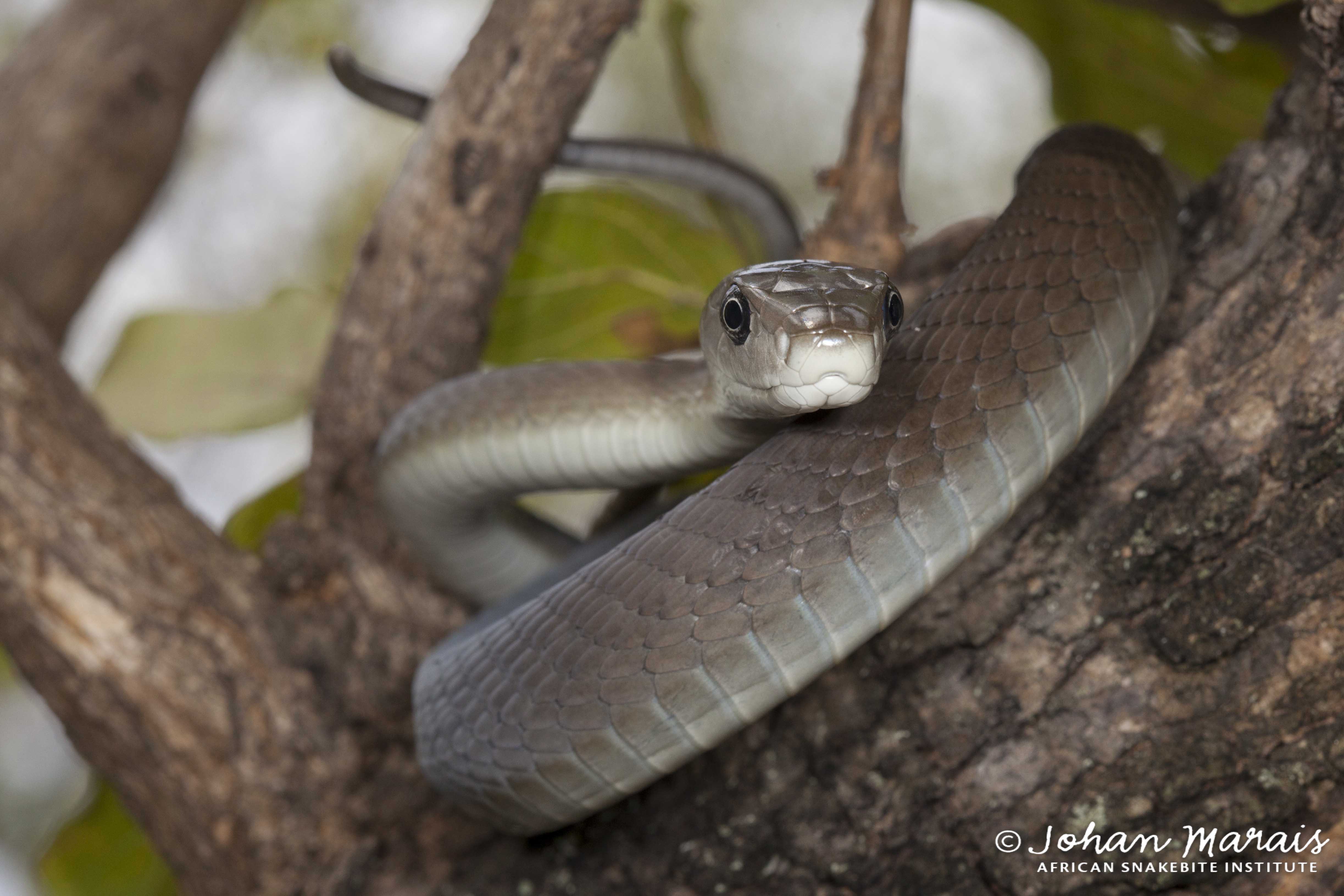

Closure
Thus, we hope this article has provided valuable insights into The Cost of Keeping a Black Mamba: An Unlikely Investment. We thank you for taking the time to read this article. See you in our next article!